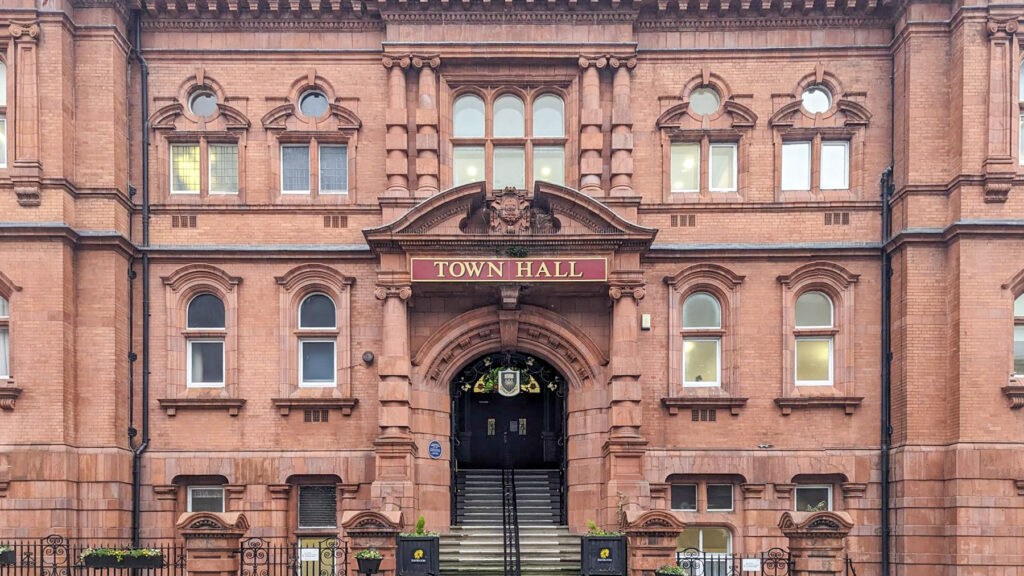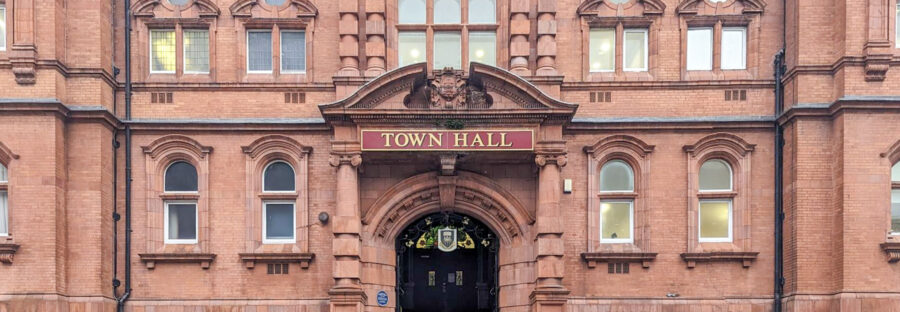Rocketing rents approved in Wigan in attempt by council to balance books
- Wigan council looks set to increase council house rents in April 2024
- Cabinet reports state the increase is required to improve the health and safety of council houses
- Councillor Paul Watson believes the government need to step in to help local councils
A Greater Manchester borough is set to increase council house rents in an attempt to balance the books in 2024.
The housing advisory panel at Wigan council reluctantly backed a 7.7% rent increase starting April 2024. The increase will help maintain the condition of council homes adding to last years increase of 7%.
The council listed reasons for the rent rise such as the increased energy costs, the increase of inflation in construction and interest payments on a self-financing government loan.

The increases are set to be used to carry out essential maintenance for the health and safety of residents in council housing. Additionally, developing housing to house people on the waiting list, which currently stands at over 12,000 people.
The report presented detailed the risk of increased rent arrears caused by the upcoming rise.
Cabinet report documents acknowledged the cost of living crisis in the document, stating: “The council is acutely aware of the current cost of living and inflationary pressures and the affordability impact this is having for some tenants.
“However, the council also needs to ensure that there are adequate resources to invest in council properties to keep tenants safe and ensure that they are living in properties that meet a decent home standard including energy efficiency to support tenants with the cost of living.”

How will the increase impact residents?
With 76% of current tenants receiving benefits or universal credit an increase would pose little threat to rent arrears. However, councillor Paul Watson expressed concerns over the rise for the other 24%. He said: “We are currently showing as having rent arrears of over £845,256 from 8,533 homes, with 7,500 of the residents either in full-time or part-time work. The rent rise will be subsidised by the government for those receiving full benefits and universal credit. But, it’s the hard working low earners that are financially vulnerable who will suffer here.
“The Wigan borough currently has one of the lowest rents for council properties in Greater Manchester and that’s were one of the most poverty-stricken boroughs in the country”
Paul explained that the 7.7% increase could be offset by filling these dwellings with people on the waiting list. He said: “In Atherton alone we had 59 properties available six months ago and now there’s 58 so that’s lost revenue. There are also multiple garages which are empty and it’s all lost revenue that could be used to stop the rent rises.”
Paul believes action from the government needs to be take to help the council. He said: “41% of income from housing is being used to pay back interest loans or the loans themselves. The government need to step in, as these are government loans and we can’t improve our housing stock. We only have 20,000 homes in stock when we used to have in the region of 37,000. It’s no wonder were struggling, when you lose 17,000 dwellings.”
In difficult times for many these rises could pose further risks to those struggling.


